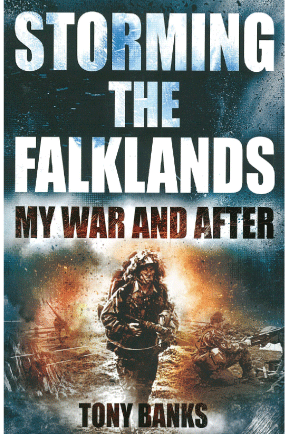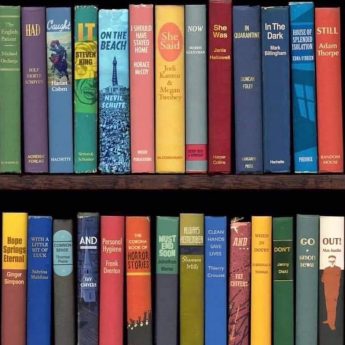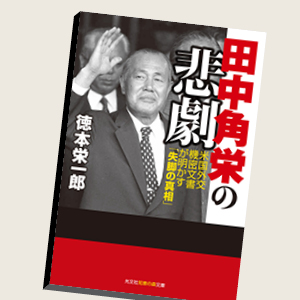
Surrender:
How British Industry Gave Up the Ghost 1952–2012
By Nicholas Comfort
£20
Nicholas Comfort’s account of how British industry lost its way is beautifully written and painful to read. Meticulously researched (hardly surprising, given the author’s pedigree), the book tells the story of how, at the dawn of a new Elizabethan age, Britain was a world leader.
The first jetliner was taking to the skies: it was British. Calder Hill was the site of the first nuclear power station. British firms were ahead of the game when it came to the development of computers. The country’s shipyards still reigned supreme and there were automotive giants at work besides.
As Elizabeth II celebrates her Diamond Jubilee, however, the picture is very different. Much of the industry that thrived as she ascended the throne has disappeared, along with the millions of jobs it supported. Much of what remains does so by virtue of foreign capitalisation. The Britain that once could rely on exports across a broad range of manufactured goods is now a nation reliant on imports in a number of essential areas.
So how did it happen, and so quickly, too?
Much has been made of the belligerence of the trade unions and the inadequacies of management, and these Comfort explores in impressive detail. But the part played by various governments—both Labour and Tory—is also examined, and neither party has much to be proud of. Nor, it has to be said, does the City.
Most telling of all is what happened to the once extremely powerful automobile industry. Comfort does a fine job of reminding the reader of just how rich and varied the UK’s output once was in this sector; younger readers will no doubt be surprised at just how many UK brands there once were from the much maligned Reliant Robin to the exalted Rolls-Royce.
On page after page, the author relates the decline and downfall of corporate names that once dominated the FT index and made, if not fortunes, then at least substantial sums for those who invested in them: ICI, Courtaulds, Viyella, GEC, Marconi; the list goes on.
Even products that shout Britishness are now made elsewhere: the official Wimbledon tennis ball, in the Philippines; Terry’s Chocolate Orange, in Poland; and HP Sauce, in the Netherlands. Yet, in the end, Comfort holds out some hope.
The question is: is it simply—and sadly—too late? There are lessons to be learned and Nicholas Comfort’s masterful analysis is a good place to start.
 Storming the Falklands:
Storming the Falklands:
My War and After
By Tony Banks
£14.99
It has often been said that war is the ultimate failure of diplomacy. Thirty years ago this month, Prime Minister Margaret Thatcher sent an armada of British forces on an 12,875km mission to liberate a tiny colony in the South Atlantic. The Falkland Islands—over which Argentina also claimed sovereignty, calling them the Malvinas—had been invaded and the Iron Lady was determined to show who was really calling the shots.
The war was short, fierce and bloody. It was also personal: a man-to-man, bayonets-fixed, take-no-prisoners kind of fighting that had not been experienced by British forces since the Korean War and, in all likelihood, will not be seen again in this age of drones and remote-controlled killing.
Tony Banks was a young Scottish volunteer in the 2nd Para Regiment, a crucial player in the UK’s game plan. His book is ostensibly about the war, but in reality it is an autobiography that covers his unremarkable growing up in Dundee and his post-war minor celebrity in a reality TV programme.
In keeping with the celebrity-reality ethos, the writing is somewhat lacking in refinement; a barrack-room, Saturday night Glaswegian bar sentiment prevails; the mine’s-bigger-than-yours, hard man bragging quickly becomes tiresome.
This is a pity, because Banks has a serious point to make. The official statistics of the dead and injured at the end of the Falklands War tell one story. But Banks tells another: of the terrible number of ex-combatants who committed suicide (almost as many as those who died in combat) and of those who died “slow, lonely deaths from drink, drugs or poverty in run-down flats, gutters or police cells”.






